Recently, social networks such as Facebook and TikTok have been flooded with images and videos of people being “fined by traffic police” posted and shared by users. The common point of these photos is that the main character poses elegantly next to luxury cars with beautiful license plates, next to people dressed like police officers writing tickets and regulating traffic.
Two of the photos follow the trend of "posting photos of being fined by traffic police". Photo: FB
However, this is not a real photo but a product of artificial intelligence (AI). Netizens continue to create a new trend to joke and interact without knowing about its harmful effects, especially when the content is related to the activities of state agencies.
Sharing about this issue, lawyer Dang Ngoc Due, Director of Phung Su Cong Ly Law Company Limited, commented: "The line between harmless "virtual life" and illegal acts when creating AI photos and videos is very fragile."
A "fake" product when shared on social networks can completely cause misunderstanding about the activities of state agencies, making it difficult to control negative reactions.
According to lawyer Dang Ngoc Due, depending on the content of the staged images and videos, the purpose of the producer/distributor, there will be separate errors and handling regulations. Civil, administrative, and criminal sanctions can all be applied.
Some acts considered violations include: Providing and sharing fake, untrue, distorted, slanderous information, or insulting the reputation of agencies and organizations may be subject to a fine of 10-20 million VND according to the provisions of Article 101 of Decree 15/2020/ND-CP, amended by Clause 37, Article 1 of Decree 14/2022/ND-CP; Using other people's personal images or property without their consent, affecting their lives (for example, a license plate number that matches the license plate number of a certain individual) may require compensation for damages.
Lawyer Dang Ngoc Due, Director of Phung Su Cong Ly Law Company Limited. Photo: NVCC
In particular, the lawyer pointed out that the act of creating false videos and images to defame the activities of the authorities or to affect the honor, dignity and reputation of individuals and organizations can be criminally prosecuted. Some related crimes include: The crime of slander stipulated in Article 156, the crime of taking advantage of democratic freedoms to infringe upon the interests of the State, organizations and individuals stipulated in Article 331 of the 2015 Penal Code, amended in 2017.
The competent authorities will determine factors such as “bad intentions” and “level of impact” on society as a basis for handling violations. Because these are important factors to assess the level of violation, type of violation and sanctions (administrative or criminal).
Some of the content that can be considered when determining malicious intent include: does the product use sarcastic, offensive, or distorted language; does the product stage sensitive situations or distort the image of the police; does the product intentionally create misunderstandings by making the video look real and not attaching the "fictional" caption?
Regarding the assessment of the level of social impact, the factors considered include: form of transmission, time of transmission, time of transmission, and whether the transmitter is a person with social influence.
Faced with the above-mentioned "virtual living" trend, lawyer Dang Ngoc Due recommends that when producing and posting AI content for entertainment purposes, there should be clear warnings, avoid distorted and negative content, do not use images that resemble real people, especially police officers or officials, civil servants, and do not attach information of specific agencies or organizations.
For information recipients, it is necessary to use critical thinking and develop skills to identify false information. Do not share or comment emotionally on images related to state agencies or public officials. Verify information before spreading it to those around you. Sharing can also indirectly contribute to illegal behavior.
“Social media and AI technology are not negative, but the negative lies in the irresponsible and ignorant way of using them. Each individual needs to equip themselves with legal knowledge, clearly understand the boundaries between freedom of speech, and at the same time need to respect individuals, organizations and the activities of authorities,” concluded lawyer Dang Ngoc Due.
Carelessly sharing fake news, without knowing, can be fined up to 20 million VND. Pause and slow down a bit when receiving information to analyze and evaluate - this small action helps you avoid contributing to fake news and being fined up to 20 million VND.
Source: https://vietnamnet.vn/luat-su-noi-gi-ve-trao-luu-dang-anh-ai-bi-canh-sat-giao-thong-xu-phat-2419892.html


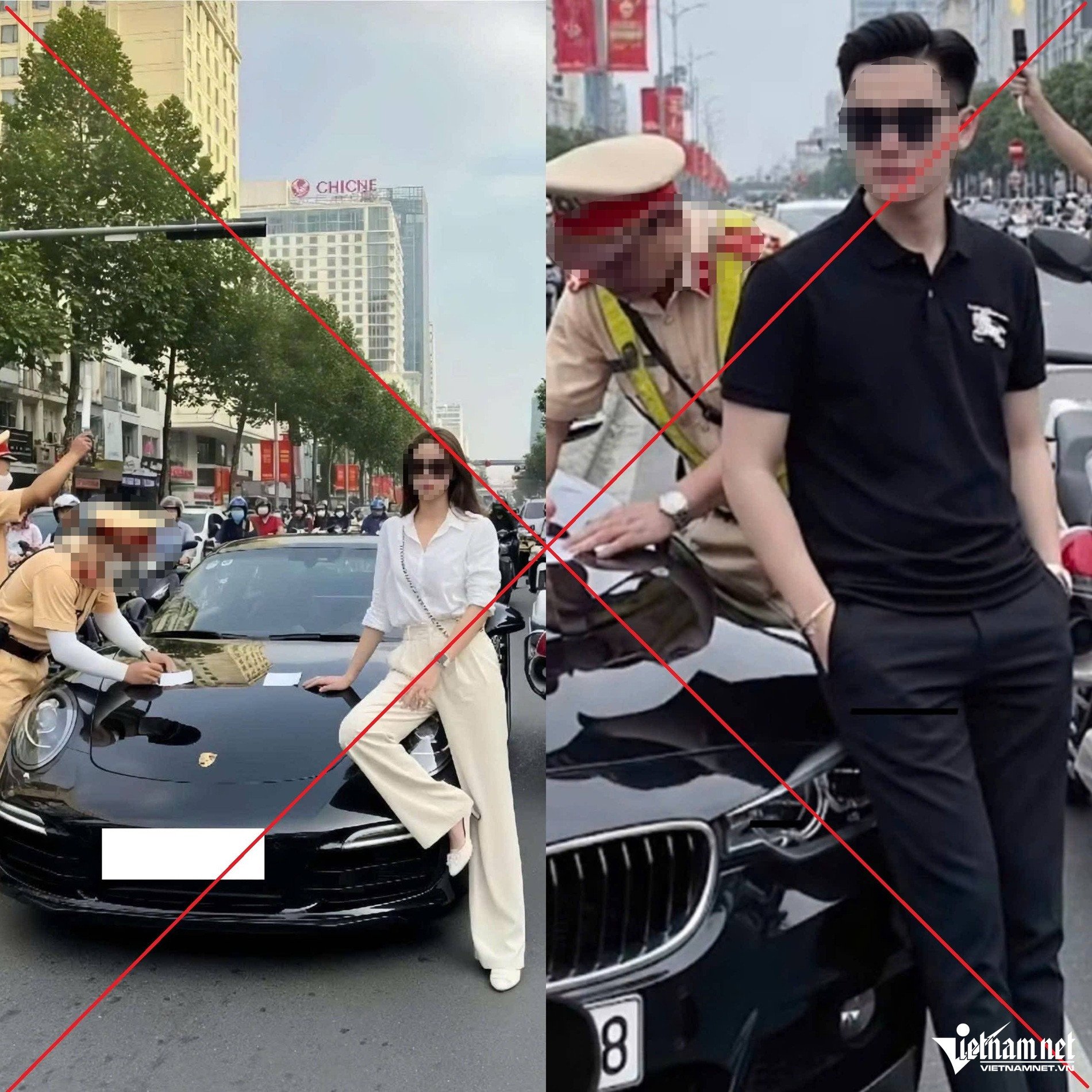
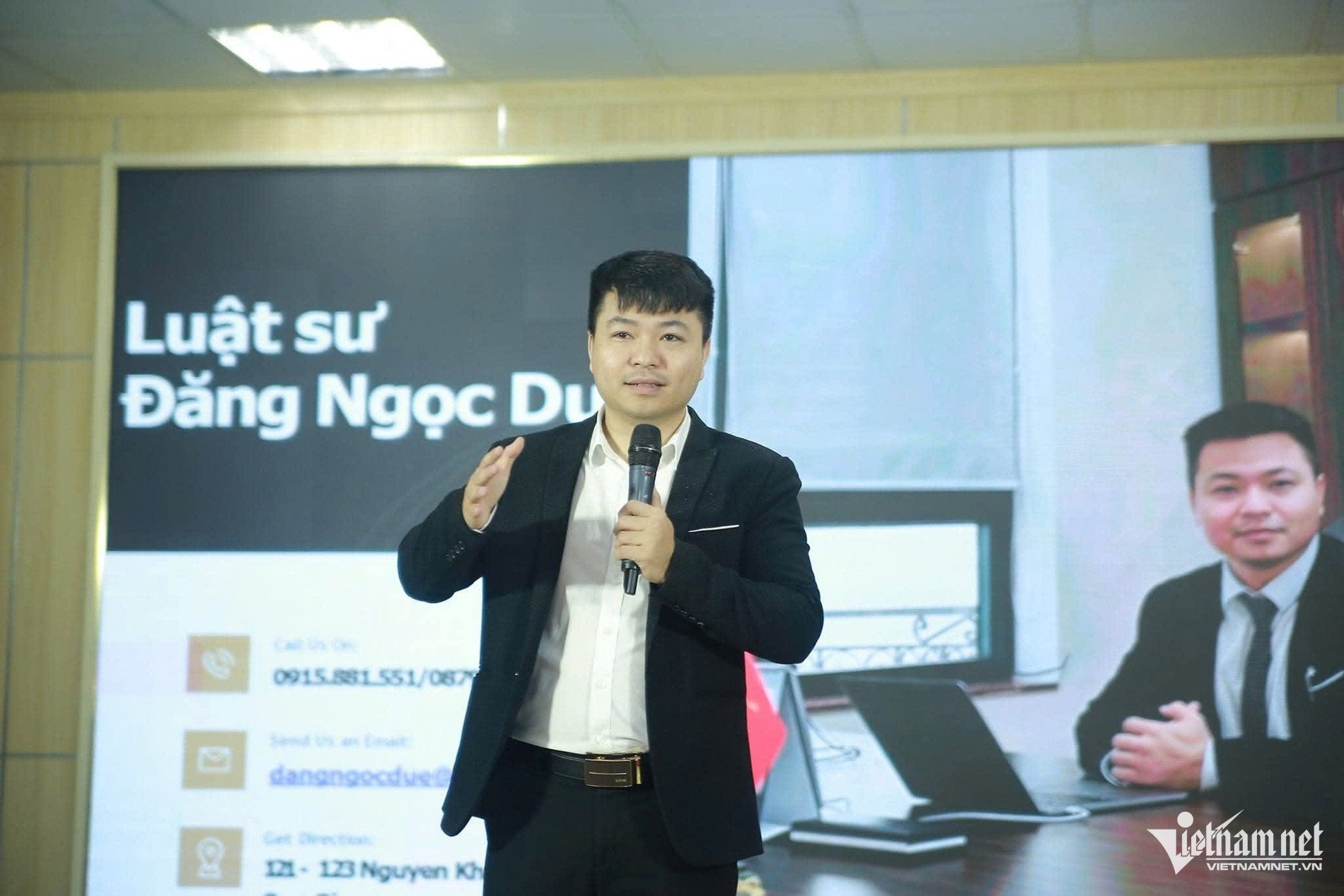
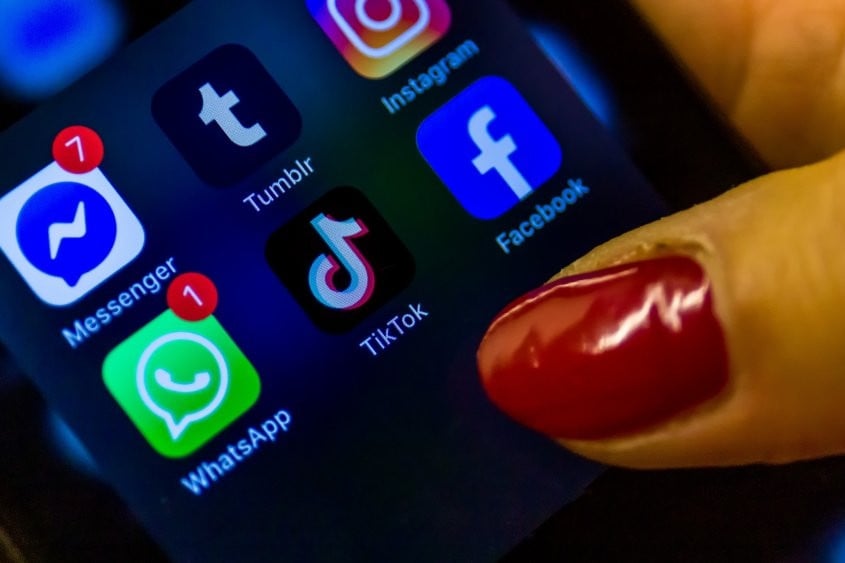






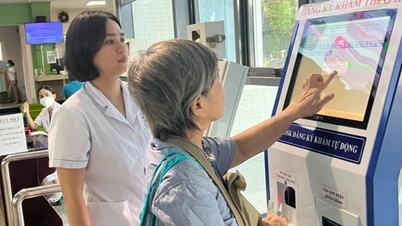










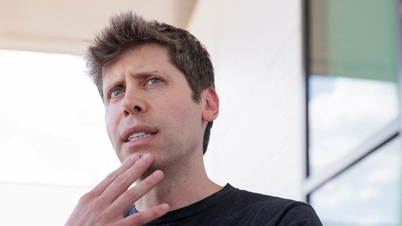

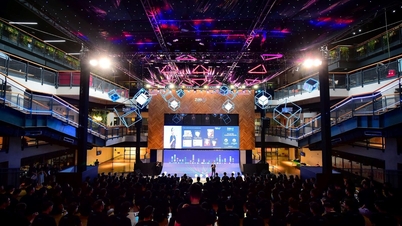


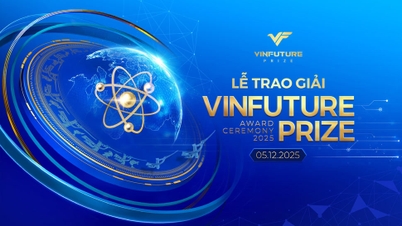








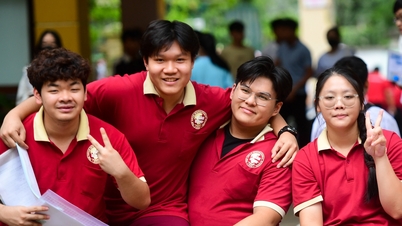











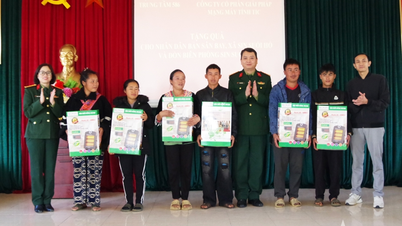


























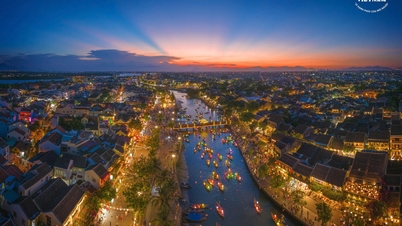




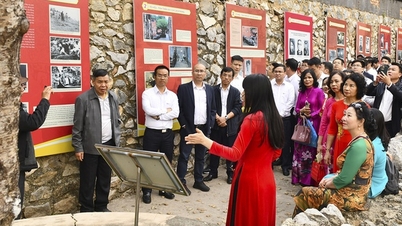



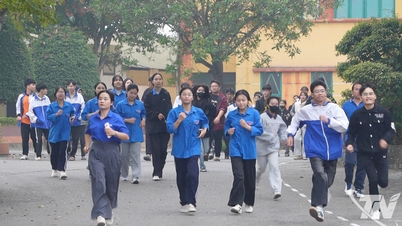




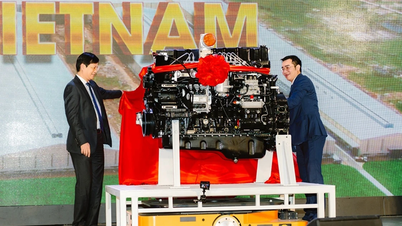






















Comment (0)